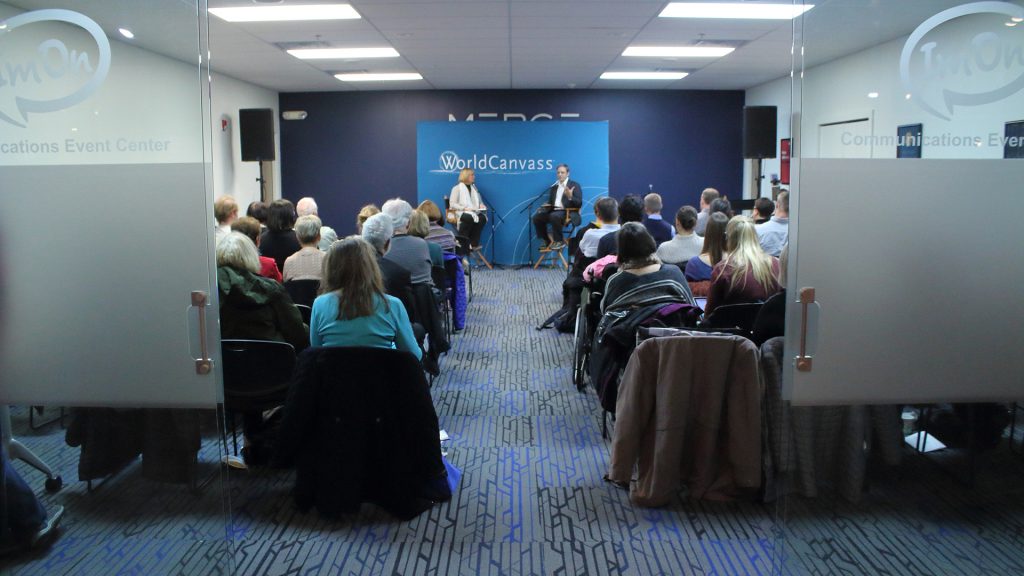At 5 p.m. today at MERGE, archivists, historians, and scholars will discuss the importance of archives in preserving cultural history during World Canvass: Against Amnesia — Archives, Evidence, and Social Justice.
By Elly Woods
The Iowa Women’s Archives nestles into the third floor of the Main Library. The archives contain thousands of material labeled with the names of notable Iowa women: documents from Peg Mullen, an antiwar activist whose son was killed by friendly fire during the Vietnam War, the feminist women who began the Emma Goldman Clinic in Iowa City, famous UI female athletes, and more line the gray shelves.
Today at 5 p.m., MERGE, 136 S. Dubuque St., will host World Canvass: Against Amnesia — Archives, Evidence, and Social Justice, in which archives such as these will be explored. The discussion is part of the Office of the Provost’s Global Forum/Obermann Humanities Symposium, a larger event that will take place from March 1-3. During the symposium, archivists, scholars, and artists will share things they’ve saved and why these things are important in preserving cultural history.
RELATED: Iowa Women’s Archives achieves 25 years
Following the World Canvass discussion, the Archives Crawl on Saturday will go from 11 a.m.-3 p.m. at various archives and museums around town.
Kären Mason, the curator of the Iowa Women’s Archives, will speak in the first part of World Canvass, “Remembering who we are.” The archives were founded in 1992 by Louise Noun, a social activist, and Mary Louise Smith, the first woman to chair the Republican National Committee. Mason said the Women’s Archives gathers documents from a range of people across the state in order to preserve the history of notable women.
“It’s really important that we have these collections that document the experiences of people who have really been forgotten,” Mason said. “They aren’t part of our history or if they are, it’s a very slanted history because it’s not told from their point of view.”
John McKerley of the UI Labor Center is set to be a guest during the third part of the event, “Animating the archive.” He said the job of the Iowa Labor Collection is “to reach out to Iowans across the state to record their story and connect them to the past.”
RELATED: The power in sharing stories
McKerley said the Iowa Labor History Oral Project has around 1,200-1,500 audio recordings, many from the 1960s and ’70s. These recordings are in the process of being digitized so they can be made available to the public.
“One of the great things about is we get the words they speak and the way they tell it,” McKerley said.
This way, listeners are able to hear the emotion and tone used by the subject, which provides details a written document could not.
Many of McKerley’s recordings focus on activists who worked to get the Iowa Public Employment Relations Act put in place. Most recently, he received the Archie Green Fellowship from the American Folklife Center in the Library of Congress to record interviews with refugee and immigrant workers in Iowa and Illinois. The center also recently included the first non-English interviews, recorded in Spanish.
Teresa Mangum of the Obermann Center of Advanced Studies said archives can be made up of anything — paper, blood, river samples, etc. The symposium’s goal is to share the works with Iowa City.
“Our symposium honors the work of those archives and the artists, archivists, and scholars who mine the larger world of archives in the service of social justice work across the globe,” Mangum said in an email to The Daily Iowan.
RELATED: Main Library hosts Invisible Hawkeyes exhibit



